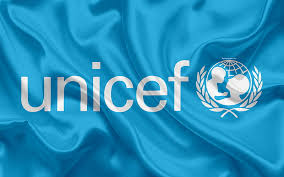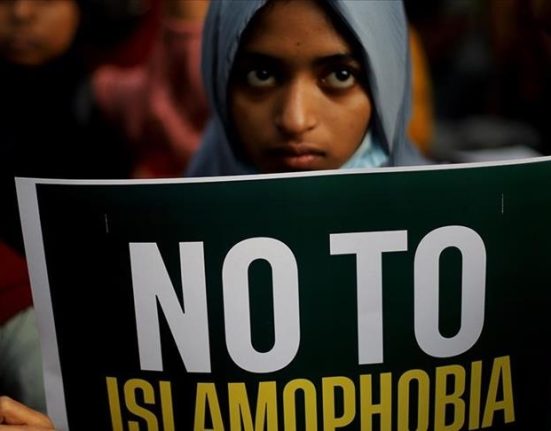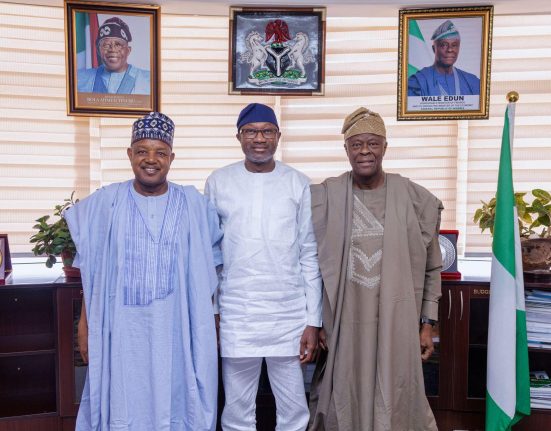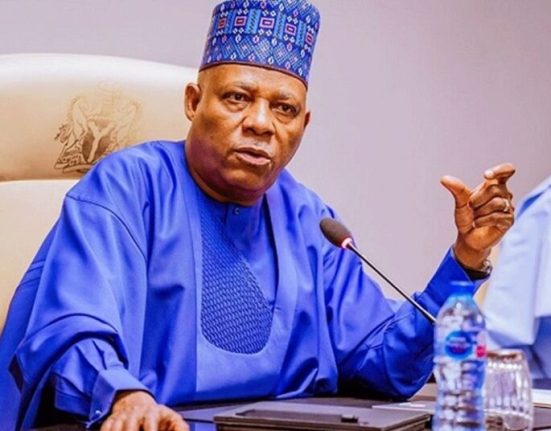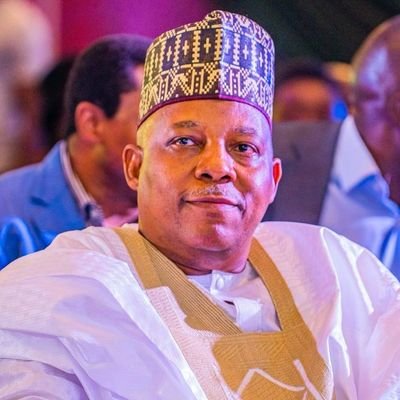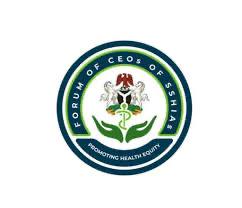The United Nations Children’s Fund (UNICEF) has reaffirmed its commitment to eliminating polio in Katsina State by 2025, emphasizing the urgency of collaborative efforts to tackle the persistent threat posed by the poliovirus. This declaration was made on Thursday during the official signing of the UNICEF-Katsina Multi-Year Work Plan (2025–2027) at the Government House Chamber in Katsina.
Speaking on behalf of the Chief of UNICEF Field Office, Kano, Dr. Sereke Deres, UNICEF’s Health Manager, highlighted the critical need for intensified grassroots mobilization and community engagement to achieve full immunization coverage. Despite numerous interventions, polio continues to endanger children’s health across the state. “As we speak today, the polio virus remains a significant threat to children’s health in Katsina State. Eradicating polio must be our top priority in 2025. We must commit our full energy and resources to ensure no child is left behind,” Dr. Deres stated.
UNICEF urged Katsina State leaders, including local government chairmen, traditional rulers, and religious leaders, to actively participate in immunization campaigns and be held accountable for achieving comprehensive coverage within their jurisdictions. The organization also stressed leveraging public-private partnerships and community-based structures to ensure every child receives the necessary vaccines.
Governor Dikko Umaru Radda expressed his administration’s unwavering support for UNICEF’s initiatives, revealing that the state had released N500 million in counterpart funding last year to bolster ongoing programs. “We remain committed to providing counterpart funding and other necessary support for the success of the multi-year work plan,” Governor Radda said. “Katsina will continue to stand with UNICEF to ensure that no child suffers from a disease that is both preventable and eradicable.”
Beyond polio eradication, UNICEF called on Katsina State to increase domestic investments in health, nutrition, water sanitation and hygiene (WASH), child protection, and social welfare sectors. These investments would reduce dependency on external donors and build a resilient health system capable of addressing future challenges.
The renewed partnership between UNICEF and Katsina State marks a significant step toward eradicating polio in a region vulnerable to recurring outbreaks due to vaccine hesitancy and infrastructural challenges in remote communities. With a focus on deepening community involvement and strengthening institutional capacity, this initiative aims to deliver comprehensive immunization services and secure a polio-free future for all children in Katsina State.

